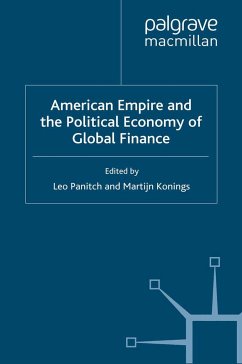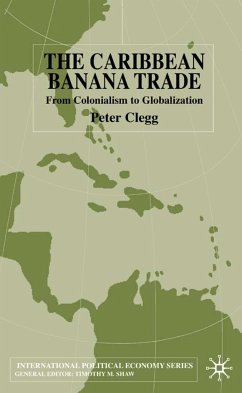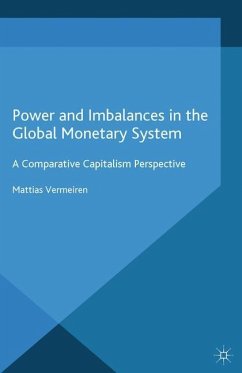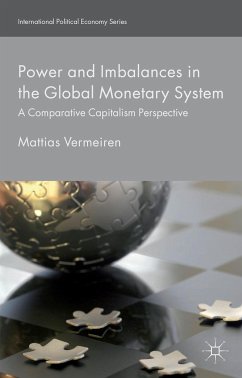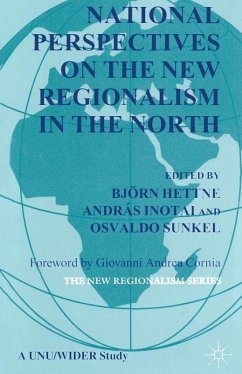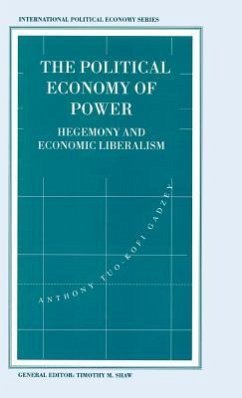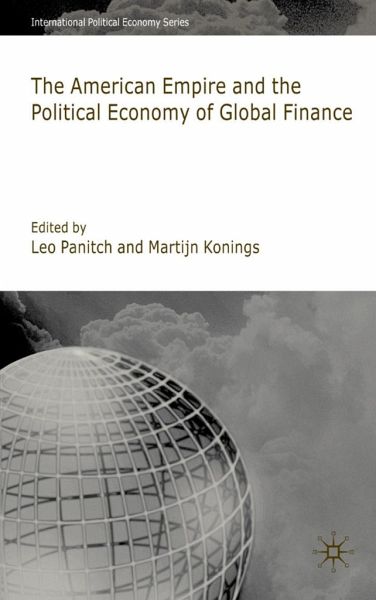
American Empire and the Political Economy of Global Finance
Versandkostenfrei!
Versandfertig in 6-10 Tagen
76,99 €
inkl. MwSt.

PAYBACK Punkte
38 °P sammeln!
In a lively critique of how international and comparative political economy misjudge the relationship between global markets and states, this book demonstrates the central place of the American state in today's world of globalized finance. The contributors set aside traditional emphases on military intervention, looking instead to economics.





